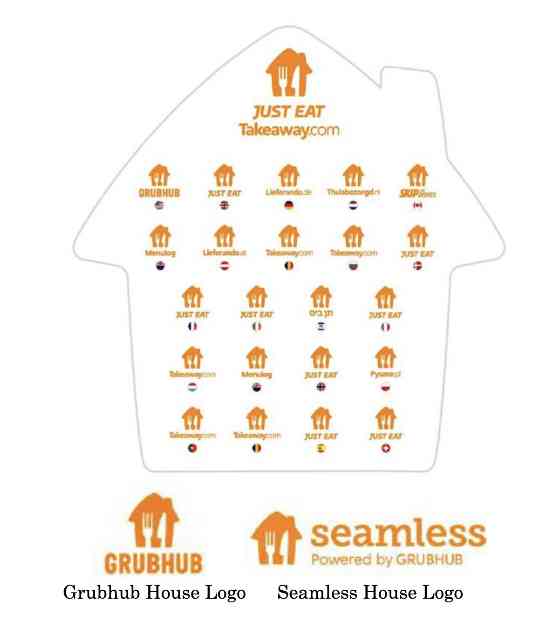The U.S. Supreme Court has denied a request to clarify trademark confusion in the case of Relish Labs v. GrubHub, Inc. The case involved a dispute between Home Chef and Grubhub over the use of similar marks. Home Chef, owned by Kroger, uses the “HC Home Marks,” while Grubhub, acquired by Just Eat Takeaway (JET), uses the “JET House Mark.” The U.S. Patent and Trademark Office initially rejected JET’s trademark application, citing similarities with Home Chef’s marks.
Despite the rejection, JET continued to use the marks after acquiring Grubhub. Home Chef sent a cease-and-desist letter, leading to a lawsuit where Grubhub sought a declaratory judgment of non-infringement. Home Chef then filed a motion for a preliminary injunction, which was initially recommended by a magistrate judge but denied by the district court.
The Seventh Circuit reviewed the district court’s decision and found no clear error, although it only analyzed three of the seven likelihood of confusion factors. This lack of a full analysis led to the petition to the Supreme Court, arguing that different circuits have varying standards for confusion analysis.
Grubhub countered that there is no split in the circuits and that appellate courts generally defer to the district court’s factual findings on likelihood of confusion. An amicus brief filed by law students and faculty suggested that the determination of confusion should be left to the fact-finder, not the judge.
Overall, the denial of the request for clarification on trademark confusion leaves trademark owners with continued uncertainty over the standards of confusion analysis. The differing approaches in various circuits highlight the need for a consistent standard to be adopted to ensure fair and clear trademark infringement determinations in the future.















